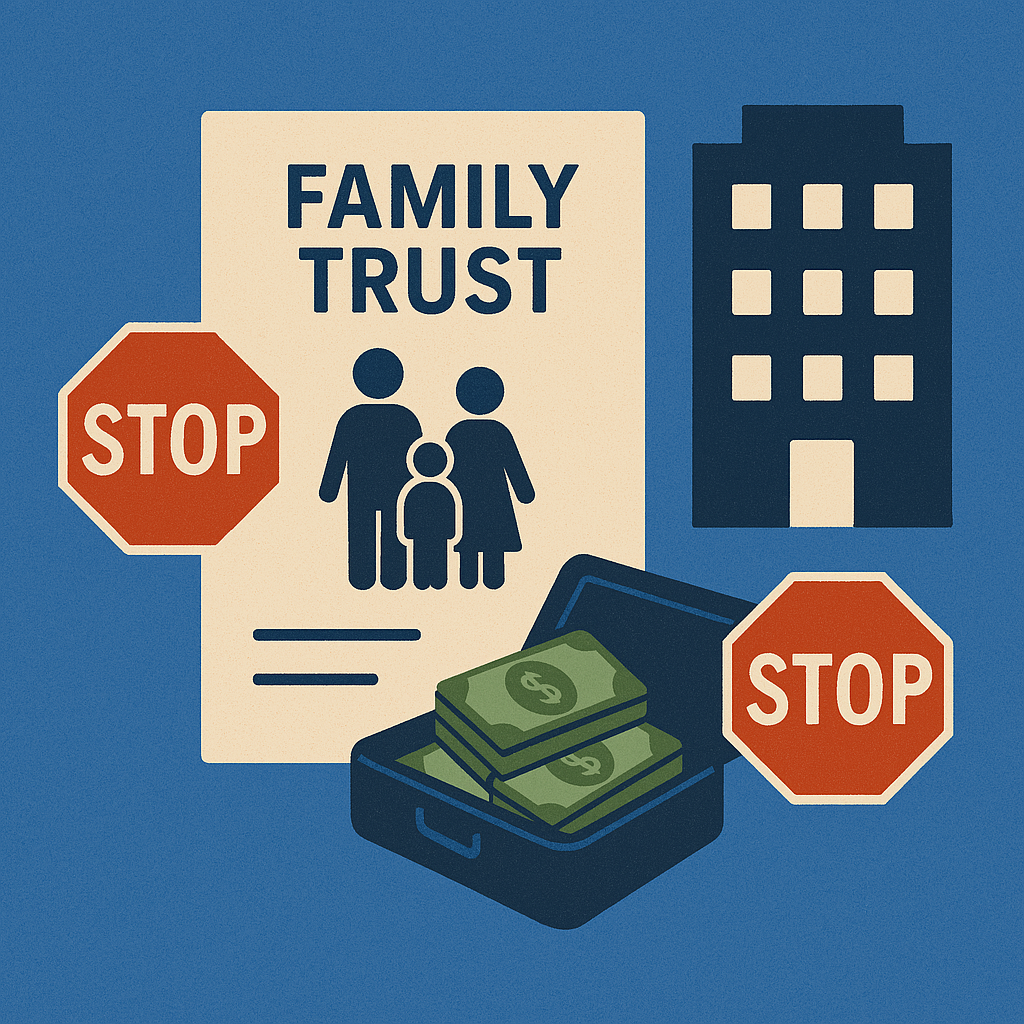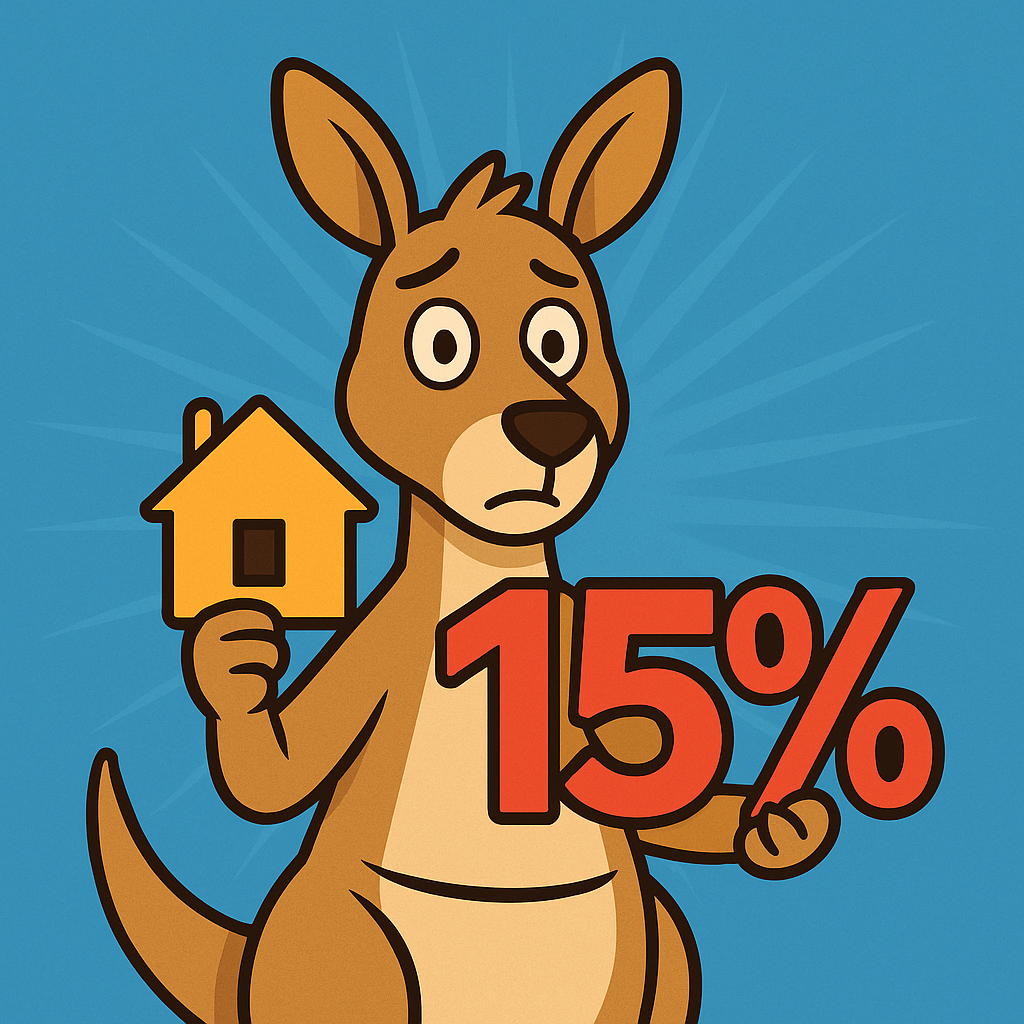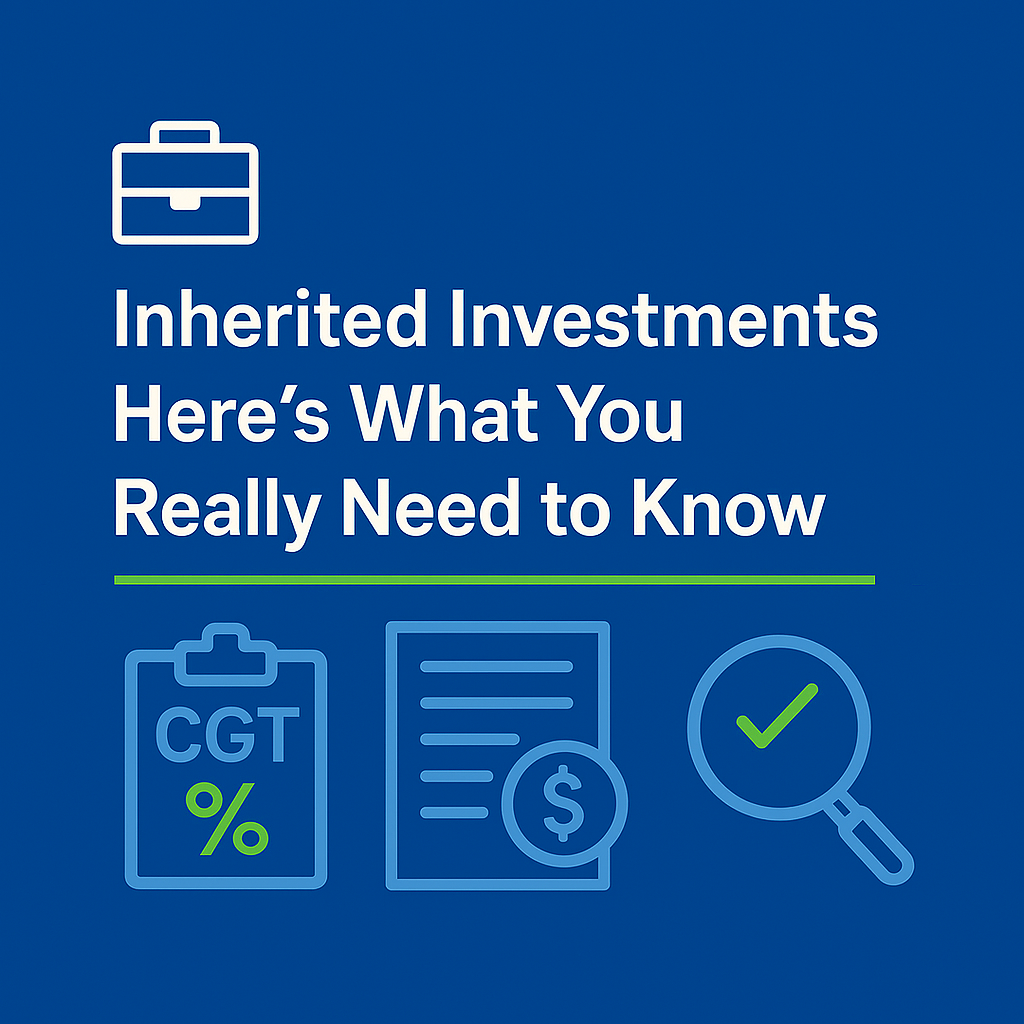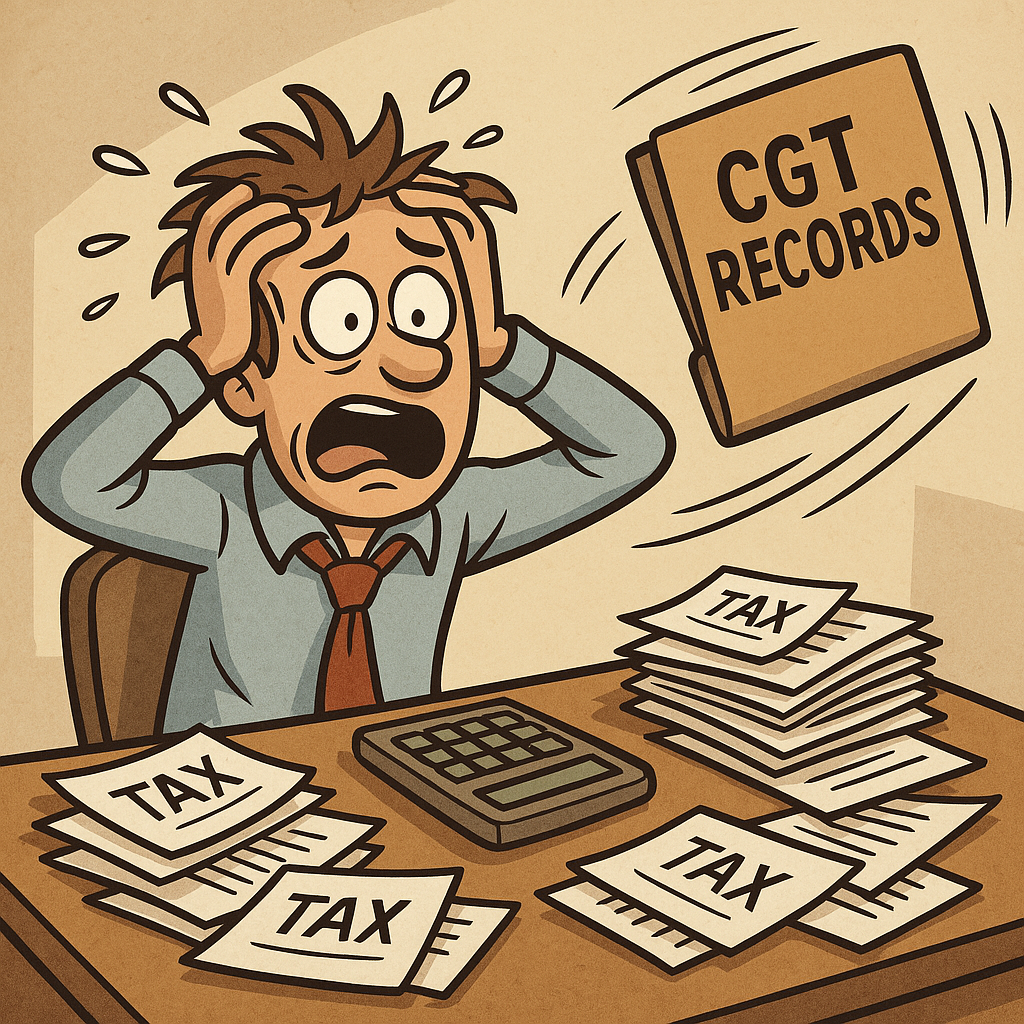Reduction in downsizer eligibility age
The eligibility age for downsizer contributions reduced from 60 to 55 years from 1 January 2023. This means if you are age 55 or older, you could invest the proceeds of the sale of your family home to your superannuation outside of your standard contribution caps.
Downsizer contributions
From 1 January 2023, if you’re aged 55 years or older you may be eligible to make a downsizer contribution of up to $300,000 (or $600,000 for a couple) to your superannuation fund from the proceeds of the sale of your home where specific requirements are met.
Downsizer contributions can be a great way of boosting your superannuation after retirement. As well as the extra capital they introduce, the contributions can also earn investment income that is either tax-free if you commence an income stream with the funds or be taxed at a concessional tax rate of as low as15% whilst in accumulation phase.
Eligibility requirements
To be eligible to make a downsizer contribution, you must answer yes to all of the following conditions:
- You must be aged 55 or over from 1 January 2023 (or age 60 or over for any downsizer contributions made between 1 July 2022 and 31 December 2022. Note, prior to 1 July 2022, the eligibility age was 65 years and over).
- The amount of the contribution is an amount equal to all or part of the sale proceeds (capped at $300,000 per person) of a qualifying main residence, where the contract of sale of the main residence was exchanged on or after 1 July 2018.
- The home was owned by you or your spouse for 10 years or more prior to the sale. Further, your home must be in Australia and must not be a caravan, houseboat or other mobile home.
- The proceeds of selling your home are either fully exempt or partially exempt from capital gains tax under the main residence exemption or, if the home was acquired before 20 September 1985, would have been exempt.
- You make the downsizer contribution within 90 days of receiving the proceeds of sale (i.e., usually settlement date).
- You complete and provide the ‘Downsizer contribution into super form’ (NAT 75073) which is available on the ATO website and provide it to your superannuation fund either before or at the time of making the downsizer contribution.
- You have previously not made a downsizer contribution from the sale of another home.
Provided that the above conditions are met:
- There is no obligation to purchase a new home or to move to a smaller or cheaper home…you can even move into another home you own! You simply need to sell your home and meet the above criteria to make a downsizer contribution.
- There is no maximum age limit to make a downsizer contribution.
- The downsizer contribution does not count towards your non-concessional or concessional contributions caps. The contribution is in addition to these caps.
- There is no requirement to meet a work test or work test exemption to make a downsizer contribution, and
- Downsizer contributions can be made regardless of the size of your total superannuation balance (TSB). This means a downsizer contribution can still be made even if you have more than $1.7 million in superannuation.
Downsizer contributions count towards your super balance
While downsizer contributions can be made regardless of what your TSB is, once the downsizer contribution is made to superannuation it forms part of your TSB.
At this point, the downsizer contribution will increase your TSB which may impact your eligibility to:
- Make carry forward concessional contributions
- Make non-concessional contributions
- Receive government co-contributions, and
- Receive a tax offset for spouse contributions.
Similarly, a downsizer contribution will also count towards your transfer balance cap (TBC), which applies when you move your superannuation into retirement phase to commence an income stream.
So if you intend to use your sale proceeds to commence a superannuation income stream in retirement, it’s important to note that you have a personal TBC of up to $1.7 million on the total amount that can be transferred from a superannuation account into a tax-free superannuation income stream. You can find out your personal TBC by contacting the ATO or logging myGov.
Preservation considerations
Although the age to make a downsizer contribution has reduced to age 55, you should be aware that the contribution will be preserved until you satisfy a condition of release, such as retirement after reaching your preservation age (currently age 59) or ceasing a gainful employment arrangement after reaching age 60.
However, if you have retired or met another condition of release that frees up your superannuation, the downsizer contribution could still be accessed to provide an income stream but it will have to be by way of a transition to retirement income stream, which is slightly more restrictive than a regular income stream, such as an account-based pension.
Need advice?
Although making a downsizer contribution may seem to be a straightforward strategy, there are a number of eligibility requirements and nuances that you must be aware of when utilising these rules. If you’re thinking about downsizing and contributing to superannuation but want more information, we can help explain the rules in further detail and discuss how you may benefit from this scheme, based on your particular circumstances.











